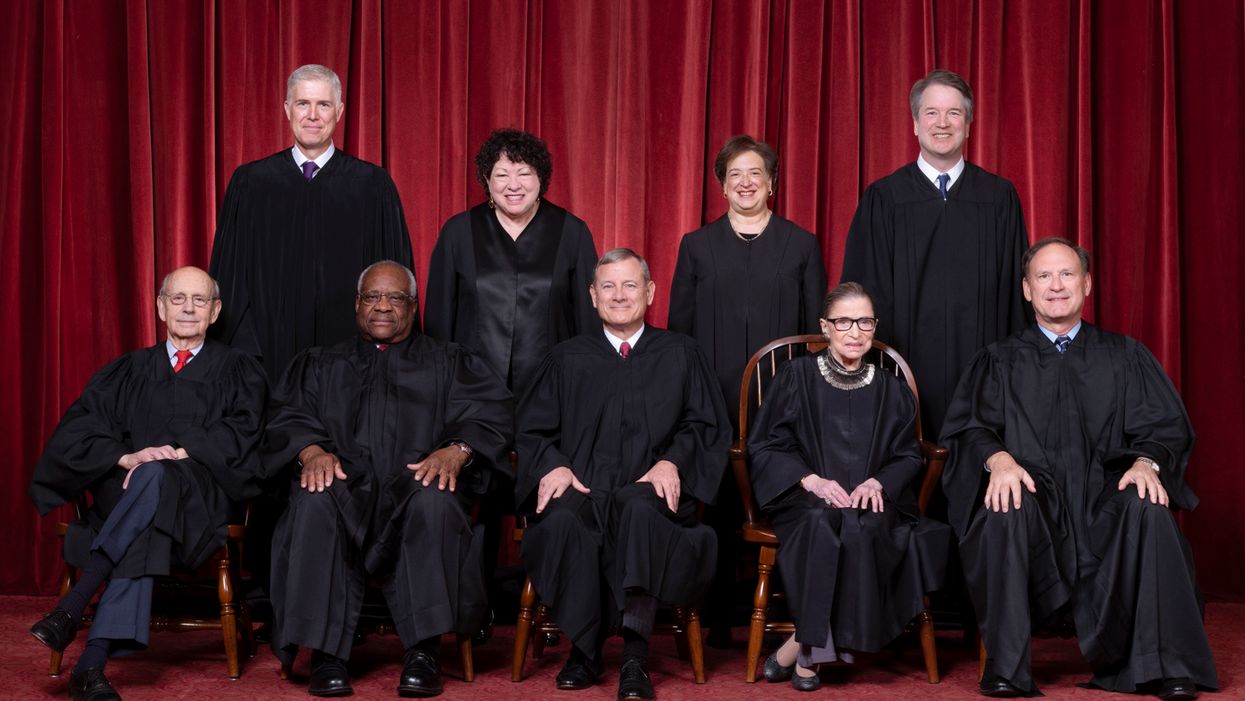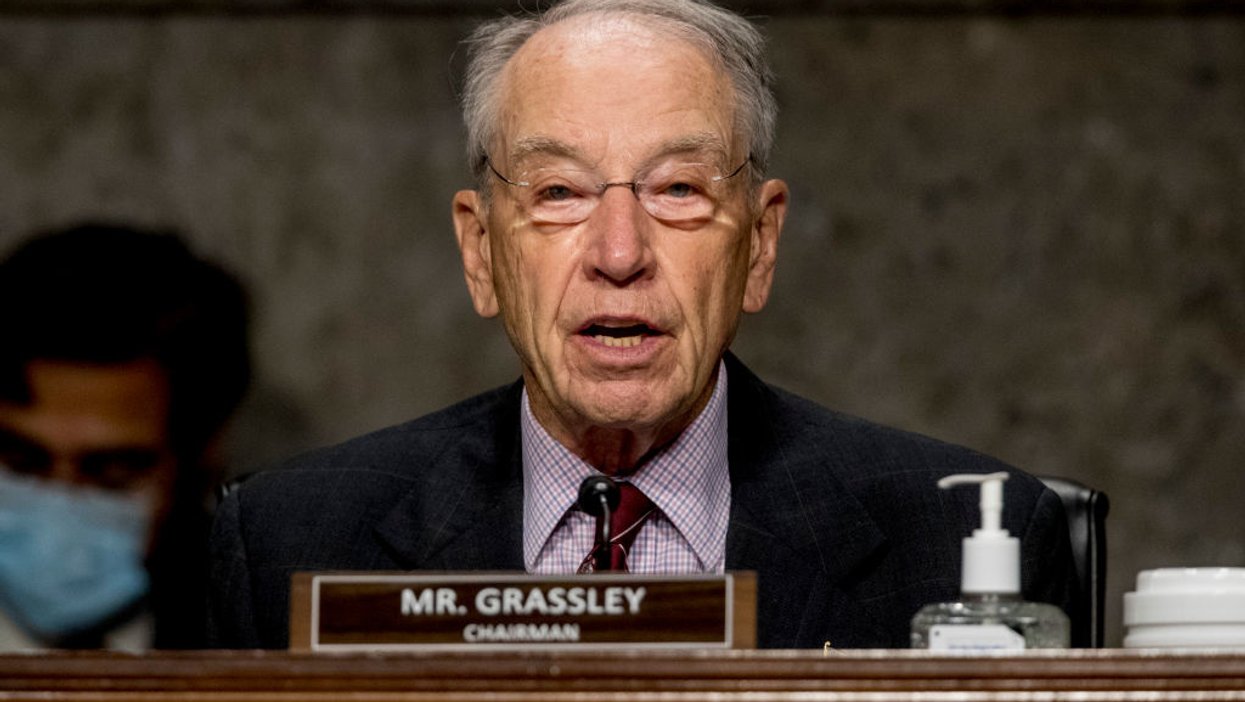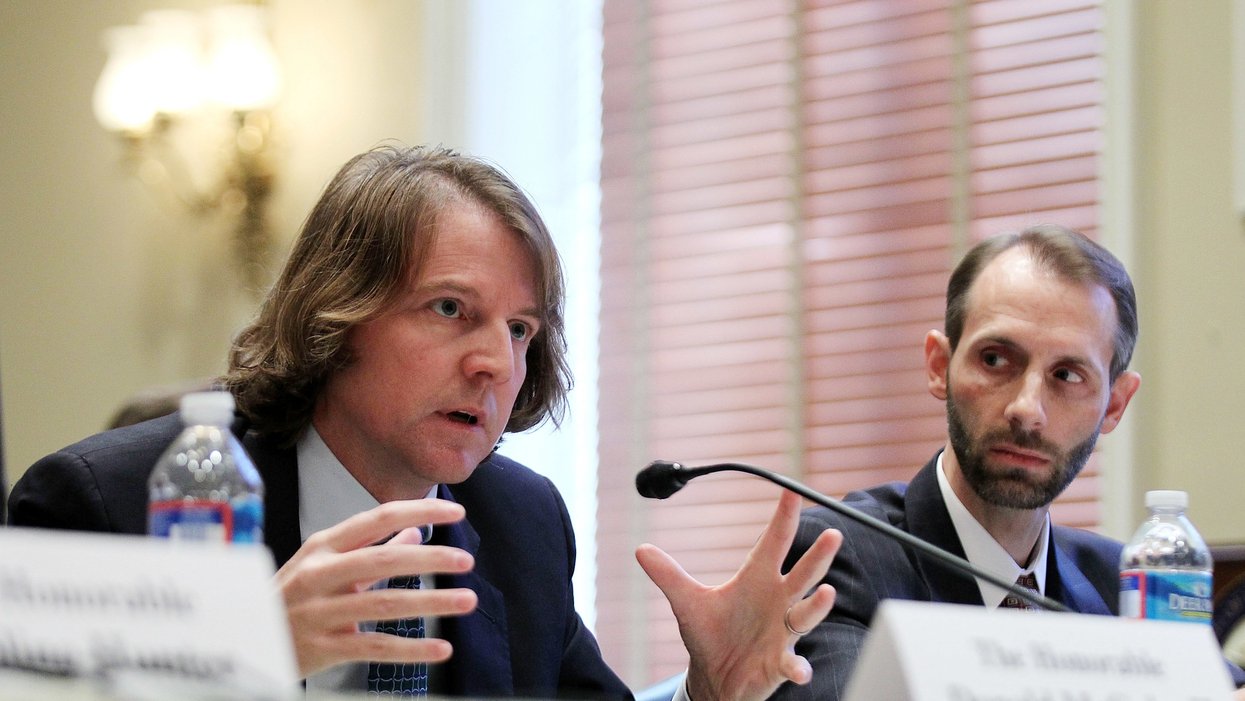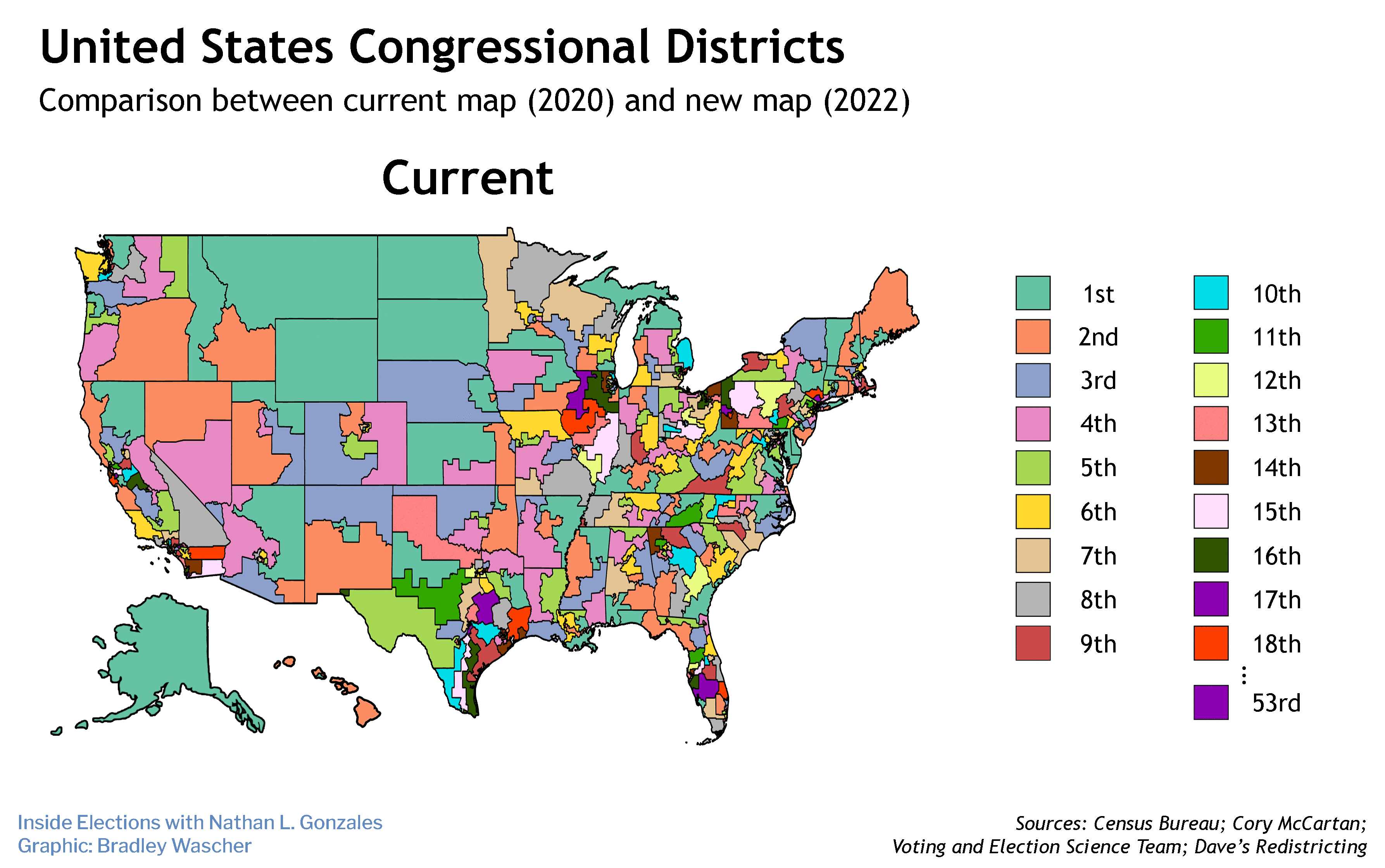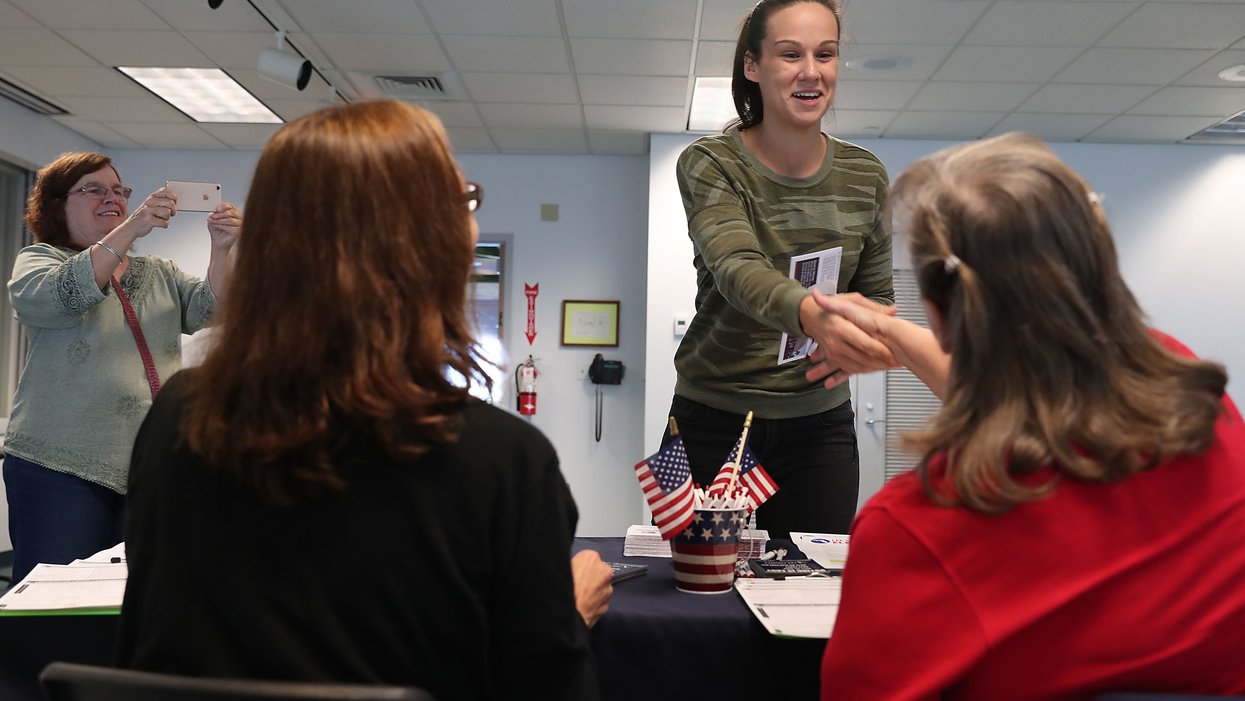Molineaux is co-publisher of The Fulcrum and president/CEO of the Bridge Alliance Education Fund.
David Riordan is the director of Vital Signs of Democracy (VSD).
How does the mainstream news coverage shape the way Americans think and feel about their lives? And the government? This is the focus of The Fulcrum’s podcast, “Vital Signs of Democracy,” which takes a new approach to considering mainstream news to reveal the overarching story narratives themselves.
Co-hosts Debilyn Molineaux and David Riordan were guests on CSPAN’s weekend talk show, Washington Journal with host Tia Mitchell on Saturday, August 19th, 2023. We invite you to listen and hear from everyday Americans as they grapple with their own frustration, resignation, sadness over loss of relationships and offer their own solutions to move the American experiment in self-governance forward.
David and Debilyn field listener questions and offer new perspectives on how we watch or consume the news. Topics covered include a call-out of conflict profiteers who are more interested in making money than being journalists. Also called out are the operatives within the politics industry to manipulate citizens to be consumers of politics – known as electioneering that changes rules to guarantee their own power. Citizens feel disempowered and hopeless.
Sign up for The Fulcrum newsletter
Take a look.








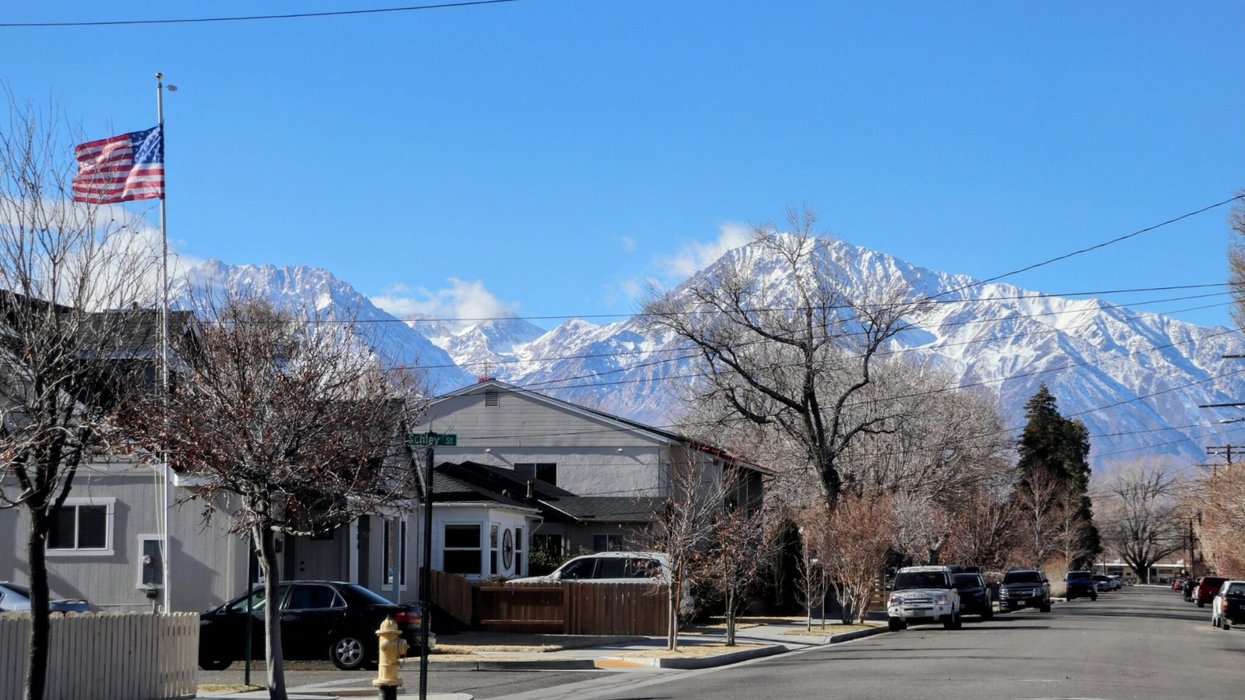



 (From left to right, beginning at the top) Patricia Gomez (WI), Reginald Robinson (DC), Vicky Chen (MA), Mikey Johnson (VA), Cathy Harmon Christian (GA)
(From left to right, beginning at the top) Patricia Gomez (WI), Reginald Robinson (DC), Vicky Chen (MA), Mikey Johnson (VA), Cathy Harmon Christian (GA)